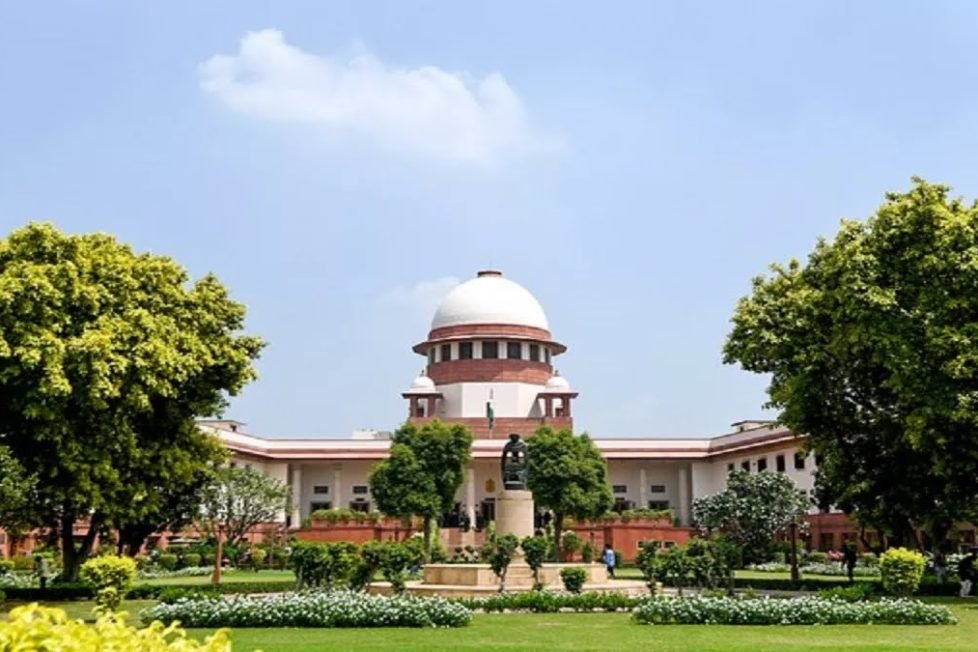Why the collegium system needs to be reconsidered?


Union Law Minister Kiren Rijiju has termed the existing system of collegium for judicial appointments as unfair. He said that people are unhappy with this system and it has become plagued by mutual politics of judges. Senior judges are more concerned about the next appointments than their original duties. He even said that half the time and mind of judges is spent in deciding the next judge and such an appointment system is beyond the spirit of the Constitution. The job of judges is to do justice. Nowhere in the world is it that the judge appoints the judges.
Undoubtedly, Rijiju’s words may have a harsh tone of criticism, but it has been discussed for a long time. Many judges of the Supreme Court have also raised their voice for change. A few years ago, while hearing the Justice Karnan case, the Supreme Court had also raised questions on this appointment process. Then the Law Minister had even said that as long as the appointment of judges was being done by the executive, there were no judges like Karnan.
His indication was clear that ever since the appointment of judges was taken over by the judiciary itself, there has been a decline in the quality of appointments. This seems close to the truth. In this system, such judges came to the Supreme Court, who used to come to the High Court every day after hours late. Many judges did not utter a word in the court during their entire tenure. Nor was any judgment written. A judge slyly replied to the question of delay in writing the judgement that he ‘does not get paid for writing the judgement’. Such examples show that coming to the judiciary with the right to appoint judges has not yielded better results.
Discussions of mutual politics, nepotism and unfair treatment in the appointment of judges are also common in the corridors of the Supreme Court. If the tenure of a top judge is only a few months, then he does not get the cooperation of other senior judges even in the collegium meeting. On nepotism, the phrase ‘Uncle Judge’ has become the same. There have been other examples of inappropriate behavior as well. Recently, a judge, sitting with a person at an event, received respect from the same person whose case was going on in the Supreme Court bench.
There is also a flaw in the collegium system that no details of the meeting to recommend the next judges are kept. That is, on which proposed names in the meeting, no record is kept of which judge said what, what was said in favor of recommending someone, not doing it, etc. This is strange, as it is a norm to record details of even lower level government meetings. This keeps the authenticity and transparency of the decision on record. Therefore, it is surprising not to have any details of the action taken for recommending the appointment of judges. This also makes the appropriateness and authenticity of the decisions questionable.
This is not happening unintentionally either. A few years ago, a senior Supreme Court judge had made this demand and refused to attend the collegium meeting if the demand was not accepted. Even after this the same process continued. Whatever it is, it’s hard to justify. It is surprising to demand transparency from all, while not recording the details of appointments made by oneself.
Rijiju’s point is also irrefutable that the Constitution had given the executive the right to appoint judges. This was the system from 1950 to 1993. Then the Supreme Court made its recommendation ‘collegium’ system by taking ‘advice’ from the Supreme Justice as its ‘acceptance’, while accepting or not accepting any advice is optional. The experience of the collegium system for three decades shows that its results have not been good. Judges have also raised their objection to this. Therefore, a rethink on the collegium system has become necessary. The questions raised by Justice Sabyasachi Mukherjee and Justice Ruma Pal etc. regarding internal devaluation in the judiciary also need to be resolved.
The argument of ‘judicial independence’ is made in defense of the current system, but keep in mind that the constitution has given independence to all three organs of the polity. Therefore, by that logic the Parliament and the Legislative Assemblies and the Central and State Ministries should also be allowed to decide their own successors. On the lines of the collegium of the senior most judges of the Supreme Court, only the collegium of senior MPs or ministers should recommend who will be the next MPs and ministers. After all, the legislature like judicial independence, The same constitution has given independence to the executive as well. That is why in the ideal polity there has been a ‘separation of powers’ between the three organs. In the US also, the Supreme Court judges are appointed by the executive. Then the legislature approves or rejects that choice. That is, even in America, the judges themselves do not recommend the next judges. This is the system of monitoring and balancing along with the independence of the three organs of the government.
The Indian collegium system is a distortion. Factors such as appointing judges to their successors and keeping the option open for appointments to state commissions, tribunals and even becoming a party worker and parliamentarian even after retirement adversely affect their basic judicial function. These possibilities can have an undesirable effect on a retiring judge. That is why, former Law Minister Arun Jaitley had also called the re-appointment of retired judges to high state posts inappropriate. It is clear that there is a need to change the process of appointment of judges and their post-retirement appointments.
DISCLAIMER: The author is solely responsible for the views expressed in this article. The author carries the responsibility for citing and/or licensing of images utilized within the text.
